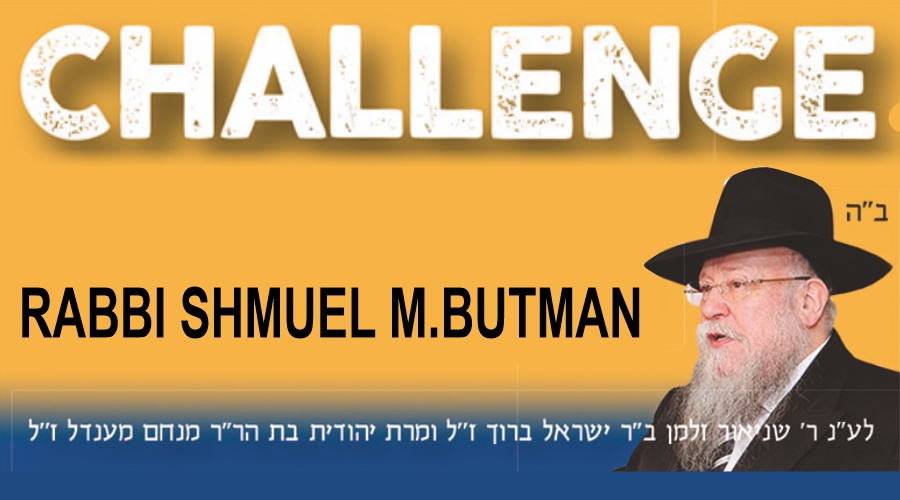The Talmud (Rosh Hashanah 18b) states that Yeshaya 55:6 – “Seek Hashem when He may be found, call to Him when He is close” – refers to the Ten Days of Repentance.
The Lubavitcher Rebbe explains that “when He may be found” means Hashem becomes available to all Jews during these 10 days regardless of whether they are deserving or have even, on their own, sought Hashem’s closeness.
‘);
_avp.push({ tagid: article_top_ad_tagid, alias: ‘/’, type: ‘banner’, zid: ThisAdID, pid: 16, onscroll: 0 });
Hashem makes Himself available to us “because Israel is a child and [Hashem] love[s] him” (Hoshea 11:1). The Midrash explains that Hashem doesn’t get upset at us when we sin “just as a father doesn’t respond negatively when his small son transgresses [his wishes]… – ‘Because Israel is a child and I love him.’”
Hashem’s love for us is like the love of parents for their young child; it’s an essential love not dependent upon the child’s conduct. So Hashem becomes available to us during the Ten Days of Repentance because He loves us. And this love, in turn, awakens a desire within Jewish hearts to return to Him. Thus the opening words of the verse: “Seek Hashem.” His availability to every Jew elicits a desire in Jews to seek Him – to repent and draw close to Him. It’s like finding something; it’s a gift due to Divine intervention. Hence the words “where He may be found.”
But what if a person doesn’t feel Hashem’s special availability because he is not yet a proper receptacle for such feelings? The verse answers this question with the words “call to Him when He is close.” Hashem is close to every Jew – again, regardless of spiritual level. And every Jew is capable of feeling His love and closeness to the extent that he won’t just seek to return to Him, but will do everything in his power to reveal His presence in every aspect of his personality.
Why is Hashem specifically available and close to us specifically during the Ten Days of Repentance? Because these are the days when we proclaim Him king over us. Rosh Hashanah’s main theme is “crowning” Hashem as supreme king of the universe, as our Sages say, “G-d says, ‘Recite before Me, on Rosh Hashanah, verses declaring [My] kingship so that you make Me king over you…by [hearing] the shofar.’” In all our prayers on this day, and in Kiddush, we repeat the words, “King over the entire world.”
Yom Kippur, too, is called Rosh Hashanah in Scripture (Yechezkel 40:1) for on this day our coronation of Hashem as king is completed. This theme is part of the seven days between Rosh Hashanah and Yom Kippur, too, as we say “HaMelech HaKodosh – the Holy King” in all our prayers.
We subjugate ourselves to Hashem, but crowning Him as our king actually brings Him closer to us. A king needs subjects over whom to rule, while we certainly need His leadership in everything. Crowning Him king during these 10 days thus brings Him closer to us.
We wish all our readers, among the entire Jewish people, a g’mar chasima tova for a very good and sweet year in every respect. May this be the year of Moshiach’s revelation.
(Based on teachings of the Lubavitcher Rebbe)
‘);
_avp.push({ tagid: article_top_ad_tagid, alias: ‘/’, type: ‘banner’, zid: ThisAdID, pid: 16, onscroll: 25 });




